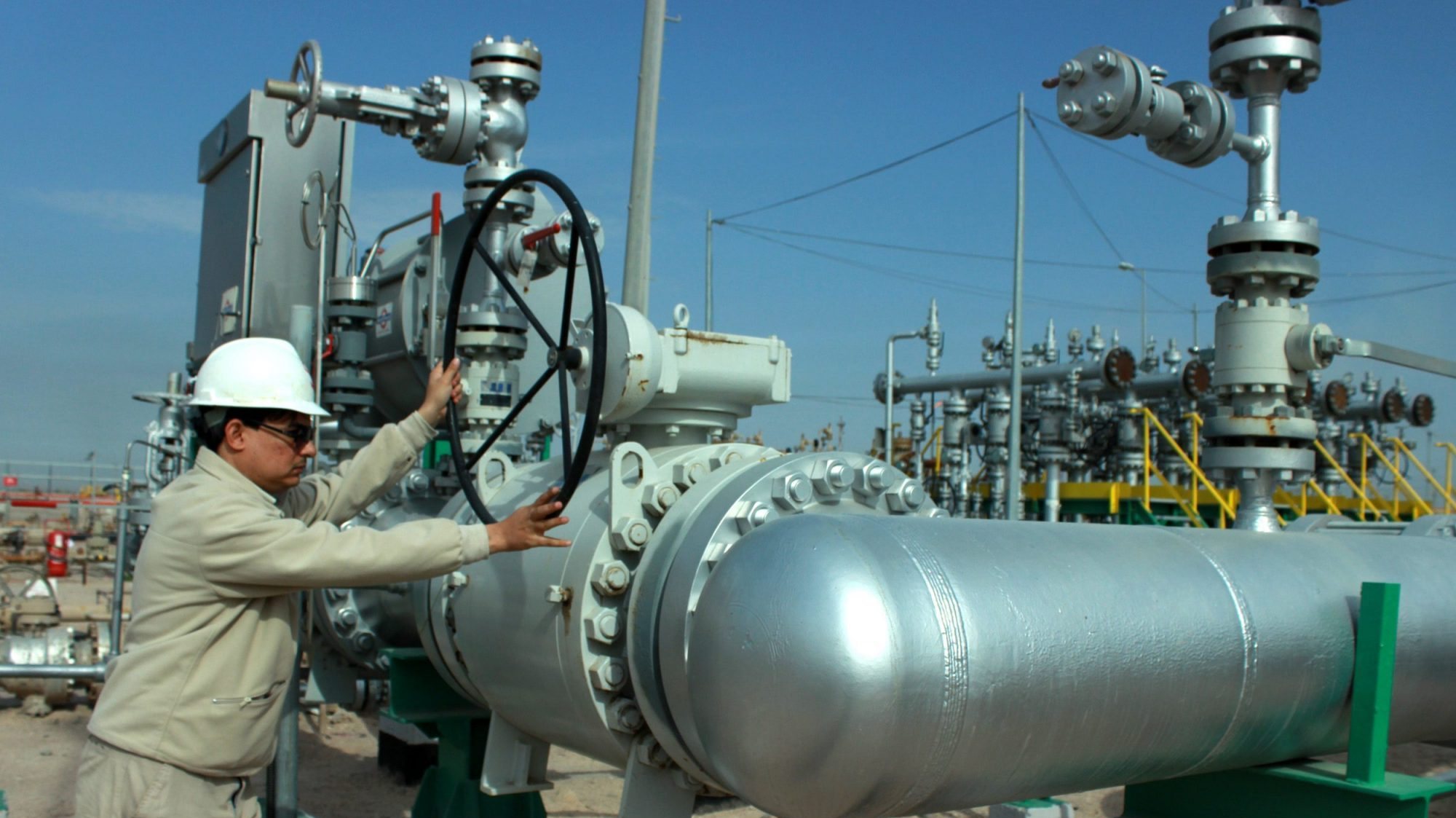A more severe energy shortage, especially gas, could raise eurozone inflation by 1.5pp. and reduce growth in Europe by more than 1.2 pp., causing a recession, warns the OECD.
In the provisional economic forecasts, published this Monday, the Organization for Economic Cooperation and Development (OECD) warns of the impact of the Ukraine War on the energy market and on inflationary pressures, specifically through the sanctions imposed on Russia .
The most pessimistic OECD for 2023 forecasts that the eurozone economy will grow by 0.3%. Germany in recession
The organization recalls that gas and electricity prices are already high, but warns that they could rise further in the event of a shortage in Europe, pointing out that this could happen if alternative supplies do not materialize as expected or if gas demand is exceptionally high due to a cold winter.
The OECD calculates that in the event of a more severe energy shortage, especially gas, it could reduce growth in Europe by another 1.2 percentage points (pp.) in 2023 and increase inflation by more than 1.5 percentage points.
This would push many countries into a full-year recession in 2023. Growth would also weaken in 2024,” he says.
The OECD improved the growth prospects for the euro area for this year to 3.1%, but worsened those for next year by 1.3 pp. to 0.3%, still estimating an inflation of 8.1% this year and 6.2% next.
Macron wants equivalent to the Iberian exception and for the US to lower the price of gas
The OECD notes that EU gas storage levels have risen sharply this year and are now, on average, between 80-90% in most member states, but warns there may not be enough yet. storage to ensure that demand in a typical winter can be met, without storage levels in the European gas market set below actual operating levels.
A cold winter can significantly increase deficits unless additional gas supplies can be obtained in the short term, which would inevitably require substantially higher prices.
The OECD further calculates that an additional 20% increase in global oil prices over one year could lead to a further increase of 0.6pp. in 2023 inflation.
A related risk (with the projections) is that the impact of Western sanctions against Russia related to oil exports, which is incorporated in the baseline projections, could also be more damaging than predicted by Economic Co-operation and Development ( OECD) in the report.
THE The organization forecasts that in 2023 inflation in the G20 countries will reach 6.6%.
“For example, a further 20% increase in global oil prices over a year, peaking in early 2023, which then subsides, could add another 0.6pp. to global consumer price inflation in 2023 and reduce global growth by 0.1-0.2 pp.
He points out that other risks to the outlook are uncertainty around food prices, due to the war in Ukraine, but also extreme weather events such as droughts, and risks associated with high debt and a weak real estate sector in China.
The OECD maintained its outlook for global Gross Domestic Product (GDP) growth this year at 3%, but cut it for 2023 by 0.6pp. to 2.2%.
Source: Observadora
